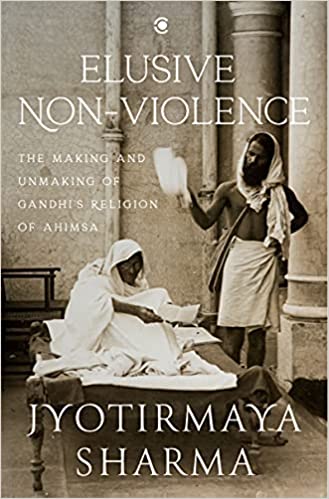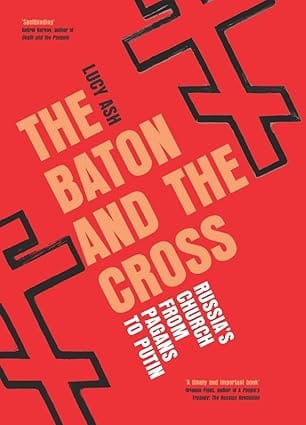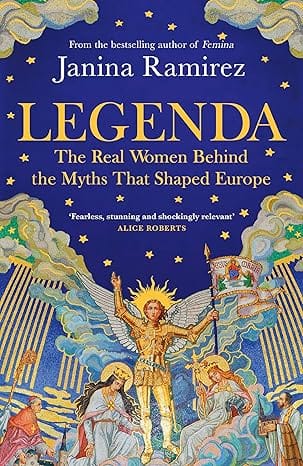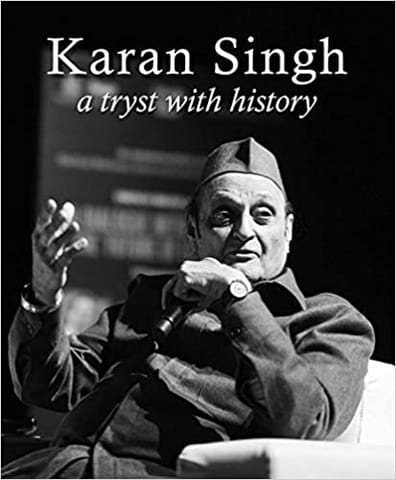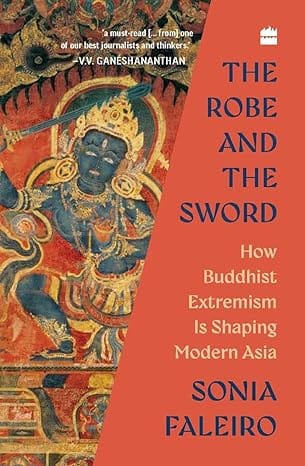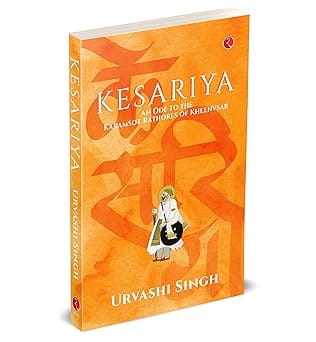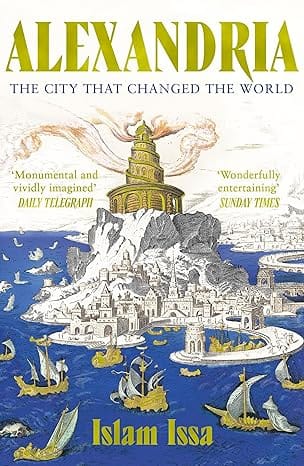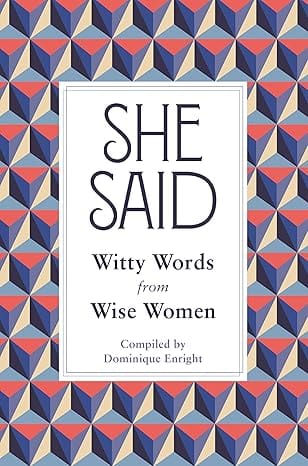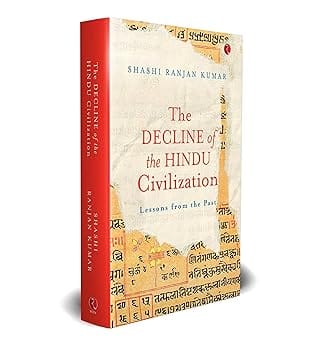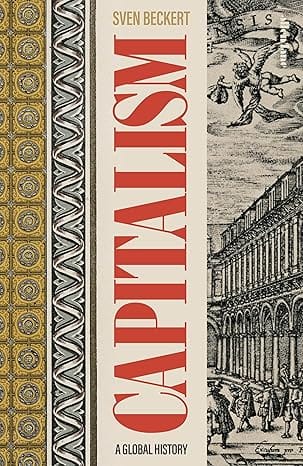- Non-ficton
- Non-ficton
- Contemporary Fiction
- Contemporary Fiction
- Children
- Children
- Comics & Graphic Novels
- Comics & Graphic Novels
- Non-Fiction
- Non-Fiction
- Fiction
- Fiction
The idea of non-violence was critical to Gandhi’s worldview. He used for it the Sanskrit term ‘ahimsa’, arguing that it was more comprehensive and capacious than ‘non-violence’. In his powerful new analysis of violence and non-violence as seen through the Gandhian prism, Jyotirmaya Sharma argues that Gandhi acknowledged the absence of any serious tradition of non-violence in India. His uncompromising insistence on ahimsa, then, was a way of introducing non-violence as an Indian value by fabricating a tradition around it. Gandhi offered a unique interpretation of Hindu texts and philosophical practice while engaging with certain strands of European and American intellectual traditions.
Sharma maintains that past attempts to understand Gandhian non-violence remain inadequate because of the tendency to measure it on the yardstick of efficacy, in specific situations, in Gandhi’s own lifetime. More significantly, and perhaps controversially, he suggests that Gandhi’s formulation of ahimsa fails both as concept and practice, largely because of its location within the religious realm. An unintended consequence of this is that it has left the liberal-constitutional space in India bereft of the legitimate use of a powerful and desirable language of dissent in the shape of non-violence.
From the author of a strikingly original and nuanced body of writing on the politics of religion and nationalism, Elusive Non-violence: The Making and Unmaking of Gandhi’s Religion of Ahimsa is a work that could change the way we assess Gandhi’s contribution to the evolution of modern Indian thought.
About the Author
Jyotirmaya Sharma is professor of Political Science at the University of Hyderabad. His publications include Hindutva: Exploring the Idea of Hindu Nationalism, M.S. Golwalkar, the RSS and India, A Restatement of Religion: Swami Vivekananda and the Making of Hindu Nationalism (all published by Context), and The Ocean of Mirth (Routledge).
Elusive Nonviolence: The Making And Unmaking Of Gandhi�s Religion Of Ahimsa
SIZE GUIDE
- ISBN :9789390679607
- Author: Jyotirmaya Sharma
- Publisher: Context
- Pages: 268
- Format: Hardback
Book Description
The idea of non-violence was critical to Gandhi’s worldview. He used for it the Sanskrit term ‘ahimsa’, arguing that it was more comprehensive and capacious than ‘non-violence’. In his powerful new analysis of violence and non-violence as seen through the Gandhian prism, Jyotirmaya Sharma argues that Gandhi acknowledged the absence of any serious tradition of non-violence in India. His uncompromising insistence on ahimsa, then, was a way of introducing non-violence as an Indian value by fabricating a tradition around it. Gandhi offered a unique interpretation of Hindu texts and philosophical practice while engaging with certain strands of European and American intellectual traditions.
Sharma maintains that past attempts to understand Gandhian non-violence remain inadequate because of the tendency to measure it on the yardstick of efficacy, in specific situations, in Gandhi’s own lifetime. More significantly, and perhaps controversially, he suggests that Gandhi’s formulation of ahimsa fails both as concept and practice, largely because of its location within the religious realm. An unintended consequence of this is that it has left the liberal-constitutional space in India bereft of the legitimate use of a powerful and desirable language of dissent in the shape of non-violence.
From the author of a strikingly original and nuanced body of writing on the politics of religion and nationalism, Elusive Non-violence: The Making and Unmaking of Gandhi’s Religion of Ahimsa is a work that could change the way we assess Gandhi’s contribution to the evolution of modern Indian thought.
About the Author
Jyotirmaya Sharma is professor of Political Science at the University of Hyderabad. His publications include Hindutva: Exploring the Idea of Hindu Nationalism, M.S. Golwalkar, the RSS and India, A Restatement of Religion: Swami Vivekananda and the Making of Hindu Nationalism (all published by Context), and The Ocean of Mirth (Routledge).
User reviews
NEWSLETTER
Subscribe to get Email Updates!
Thanks for subscribing.
Your response has been recorded.

India's Iconic & Independent Book Store offering a vast selection of books across a variety of genres Since 1978.
"We Believe In The Power of Books" Our mission is to make books accessible to everyone, and to cultivate a culture of reading and learning. We strive to provide a wide range of books, from classic literature, sci-fi and fantasy, to graphic novels, biographies and self-help books, so that everyone can find something to read.
Whether you’re looking for your next great read, a gift for someone special, or just browsing, Midland is here to make your book-buying experience easy and enjoyable.
We are shipping pan India and across the world.
For Bulk Order / Corporate Gifting
 +91 9818282497 |
+91 9818282497 |  [email protected]
[email protected]
Click To Know More
QUICK LINKS
ADDRESS
Shop No.20, Aurobindo Palace Market, Near Church, New Delhi

